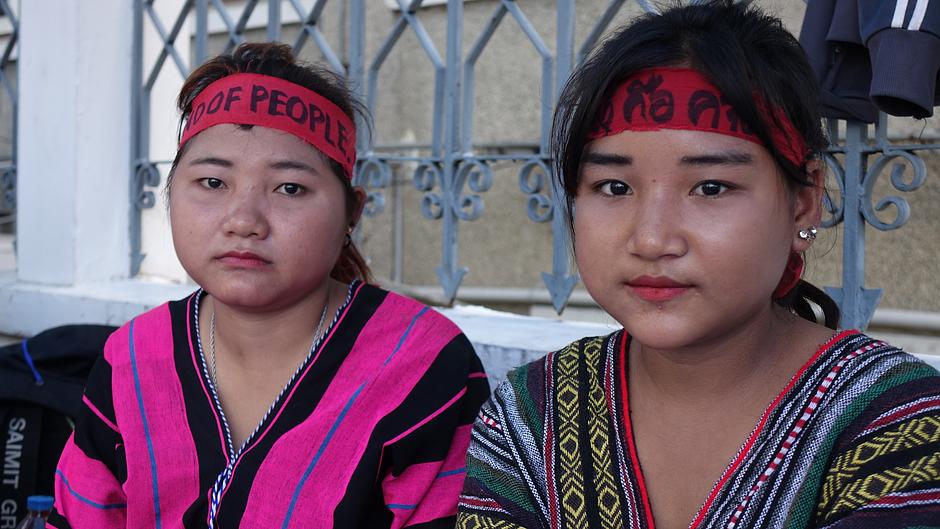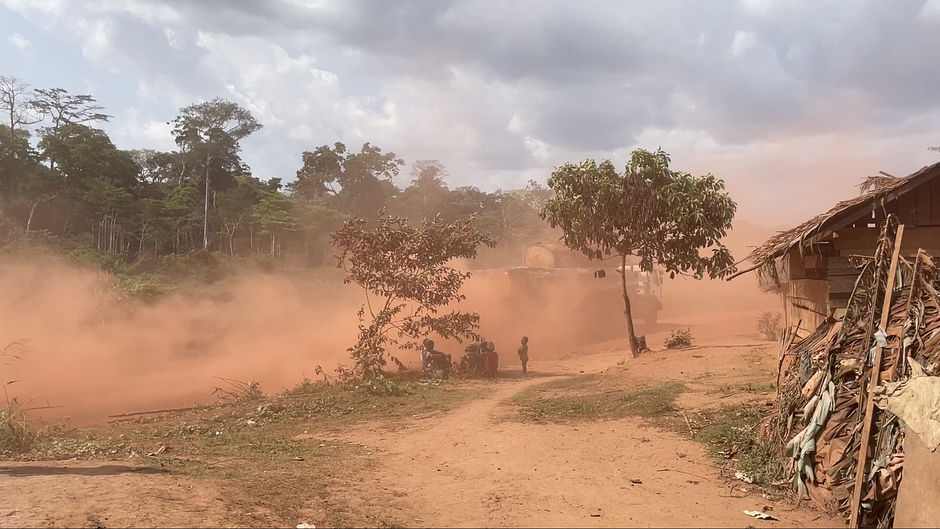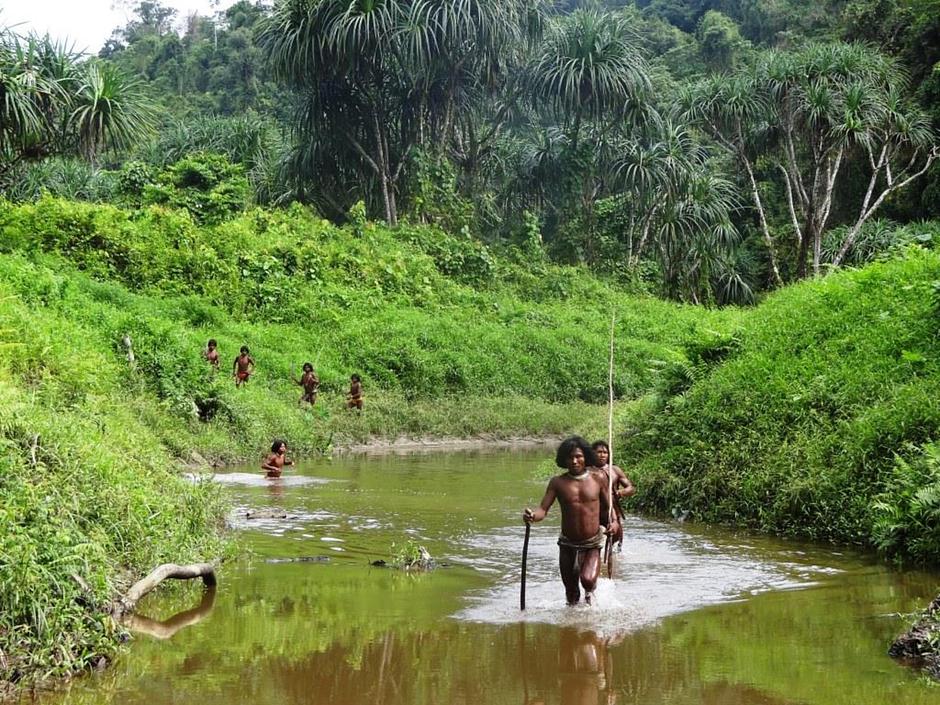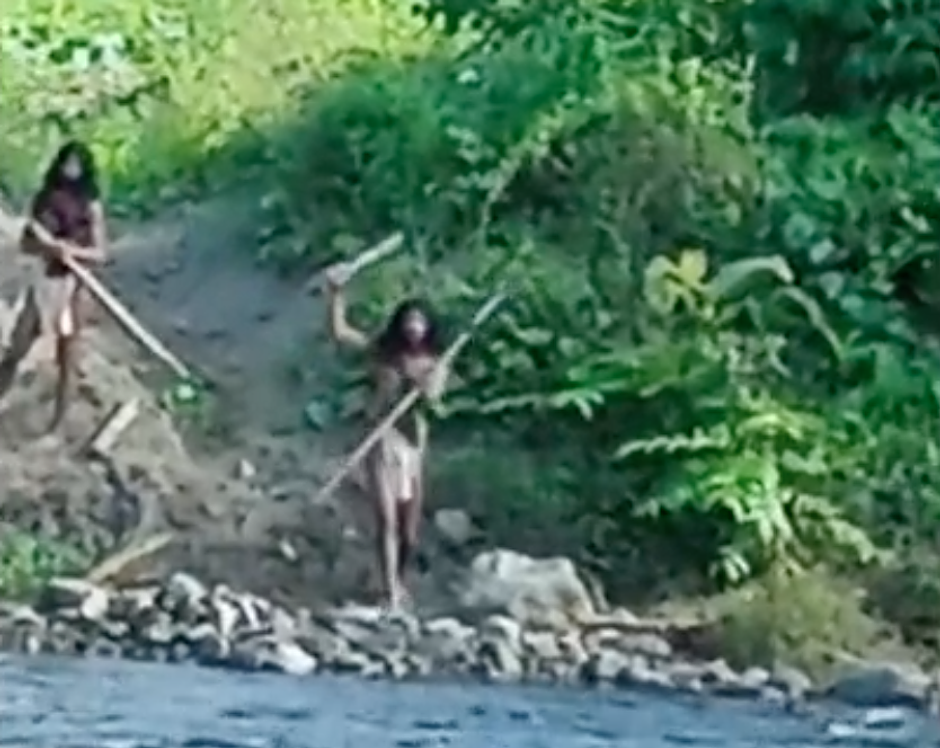“Our ancestors taught us only one thing: Love and respect the forest and it will take care of you.”
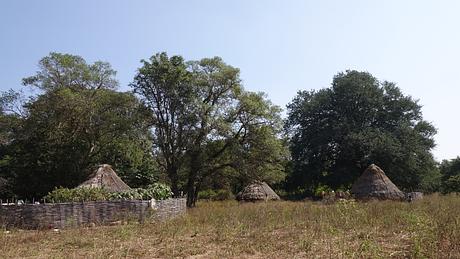
The Chenchu tribe of India understand their forest and its wildlife better than anybody else and have shaped, nurtured and protected this environment for millennia. They think of the tiger as their brother, yet their lives are being destroyed by government efforts to conserve this animal.
T. Guruvaiah, from Amrabad Tiger Reserve in Telangana State, India, explained to us how his tribe feel about their forest… and the dark prospect of being evicted from it by force.

The Chenchu can recognize five different types of bees that produce five different types of honey. “We leave the larvae so it will recycle again; by looking at the way a bee flies we can know where the honey is”.
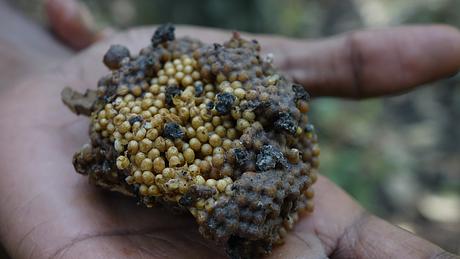
Click here to support Indigenous peoples in conservation
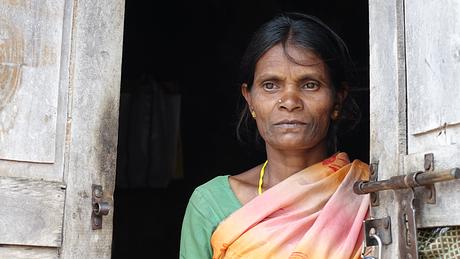
Evidence proves Indigenous peoples manage their environment and its wildlife better than anyone else. Yet like other tribes in India’s tiger reserves, such as the Baiga and Mising, the Chenchu are being threatened with illegal eviction from their ancestral homelands: “We will shed every single drop of our blood to protect our rights and our forest. This forest is our home. The flora and fauna of this forest are part of our family. Without us the forest won’t survive, and without the forest we won’t survive.”
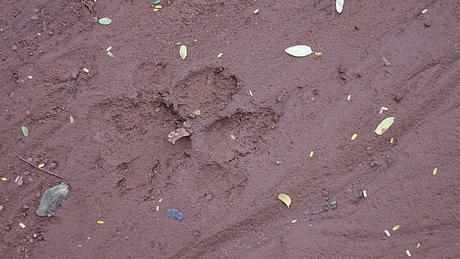
Outsiders think that tigers and humans are a threat to one another, but the Chenchu, who live with the animals day to day, have a different perspective; “We love them as we love our children. If a tiger or a leopard kills our cattle, we don’t feel disappointed or angry, instead we feel as if our brothers have visited our homes and they have eaten what they wanted”.
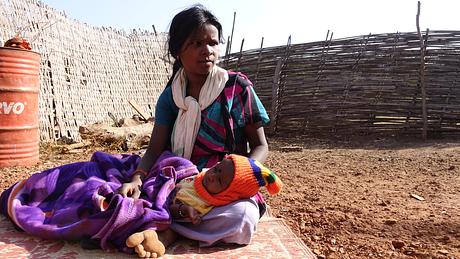
Under Indian law, to conduct a relocation of Indigenous peoples from their forests, evidence must be provided to demonstrate that the community is irreversibly harming the flora and fauna, and that coexistence with wild animals is impossible. Then, if the community gives its consent, they should be offered one of the two options of the resettlement package that the authorities are obliged by law to provide: either receive cash (Rs 10 lakh per family, around 14,500 US dollars), or move to a resettlement village. This is not what is happening in reality.
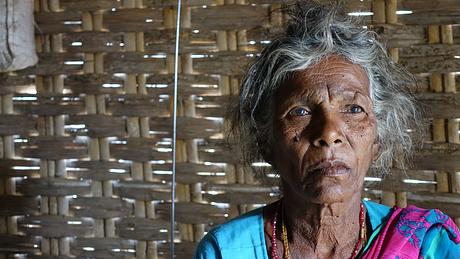
This woman is from Pecheru village, which was evicted in the ’80s. Of the 750 families that used to live in the village, the Chenchu told us that only 160 families survived after the eviction took place. Many starved to death.
“Among ourselves we have pure love and strong relationships. But outside it is not the same. Everything is related to money. If you don’t have money there is no food and no water. No money means no house and no clothes. It’s a shameless world out there, where nothing is pure. From the air we breathe to the relationships we establish, everything is impure there. We won’t get the safety we have here in the forest anywhere else.”
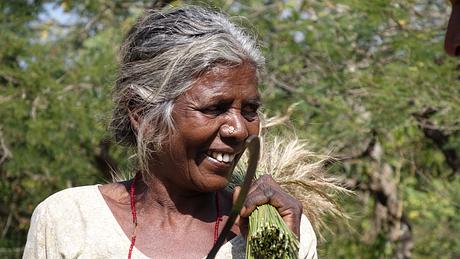
“Since our ancestors’ time, we have been born in this forest and we have died and will die in this very forest. This forest is our breath and our life. This forest is our right and no one can take this right from us and break our bond. If anyone tries to do this, we shall fight against it till our last breath. We will shed every single drop of our blood to protect our rights and our forest.”
December 19, 2019


